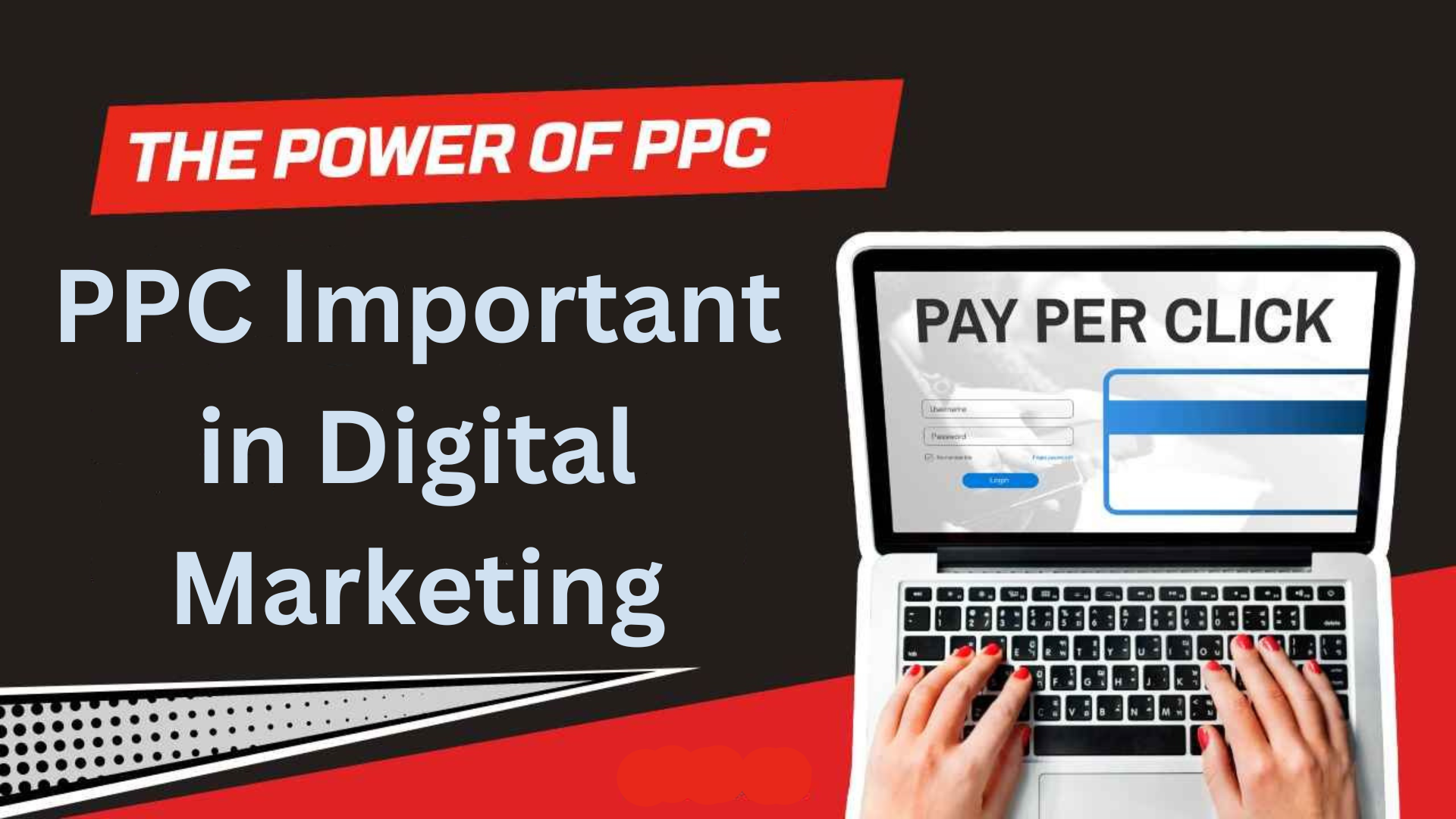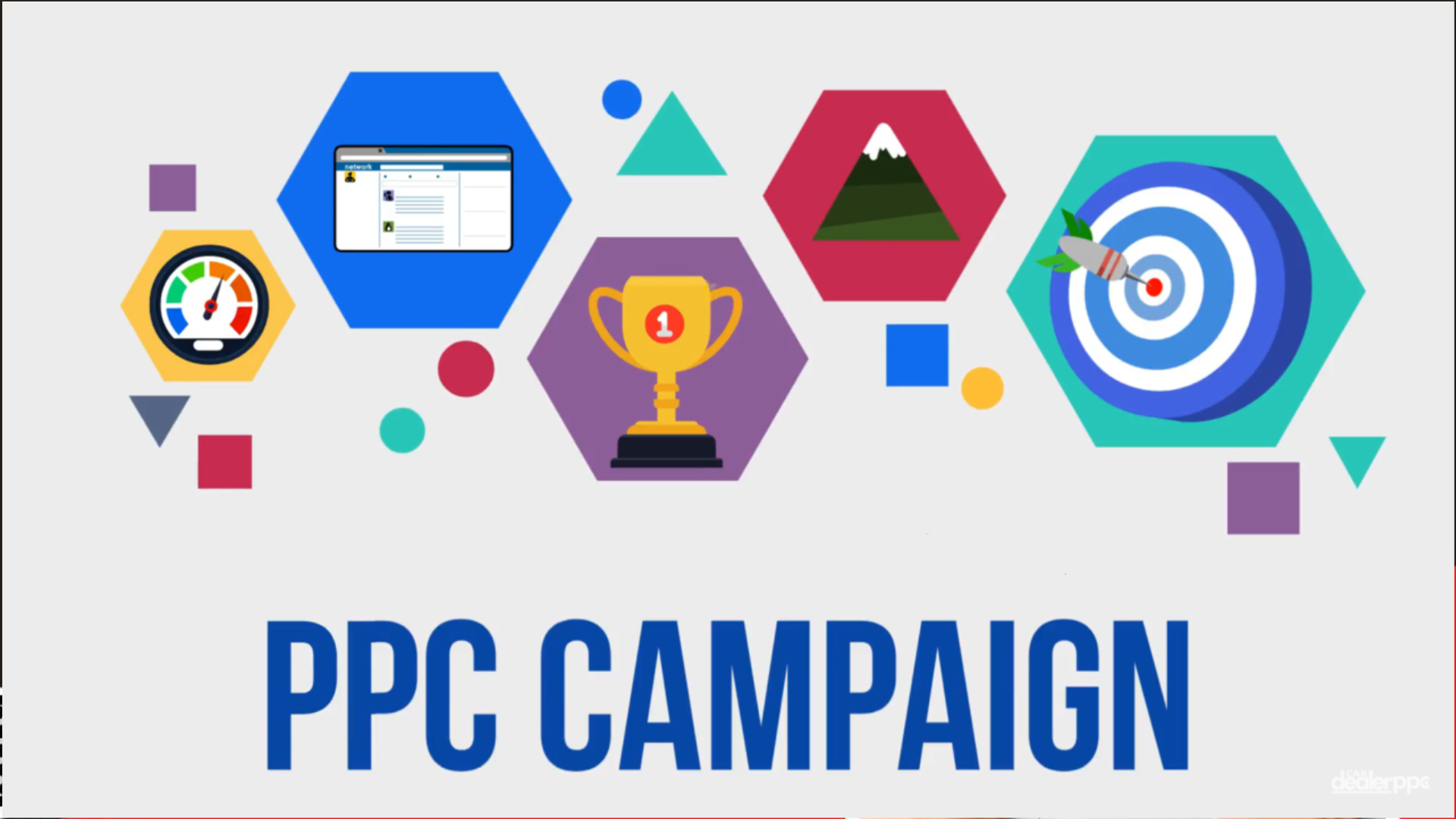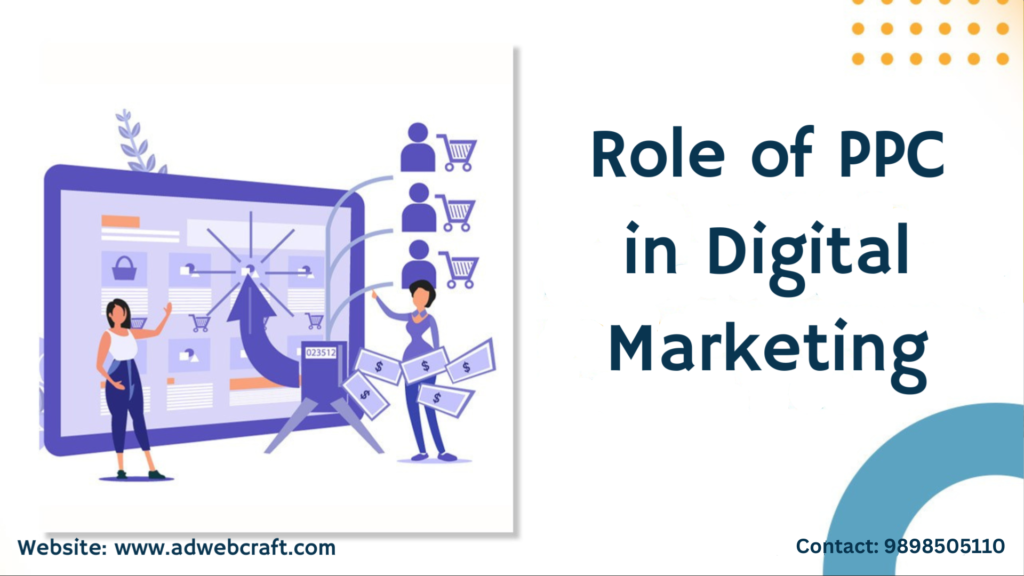When it comes to digital marketing, one term that frequently stands out is PPC. Whether you’re a small business or a large enterprise, understanding the role of PPC in digital marketing is essential to leveraging its potential for your marketing strategy. In this comprehensive guide, we’ll explore what PPC is, how it works, its significance, and why it plays a pivotal role in boosting online visibility and driving targeted traffic to websites.
Before diving deeper, let’s address the question: What is PPC in marketing? PPC (Pay-Per-Click) is an advertising model where advertisers pay a fee each time their ad is clicked. It’s often used in search engines, social media platforms, and other websites to reach potential customers effectively.
The role of PPC in digital marketing is vast and transformative. It helps businesses increase brand visibility, drive traffic to websites, and optimize ad spend. Let’s explore its importance further.
What is PPC in Digital Marketing?
PPC in digital marketing stands for a system where advertisers bid for ad placements within an online advertising platform. Most commonly, this occurs within search engines, such as Google Ads. But, it’s also widely used across social media platforms like Facebook, Instagram, and LinkedIn. The goal is to get your ads in front of the right audience, at the right time, for maximum conversion.
With PPC campaigns, you only pay when a user clicks on your ad, hence the term “pay-per-click.” This makes it a cost-effective method for businesses to drive targeted traffic. Since you’re paying only for actual clicks, your marketing budget is optimized for better ROI (Return on Investment).

Why is PPC Important in Digital Marketing?
The role of PPC in digital marketing cannot be overstated. It plays a significant role in reaching your ideal customers quickly and efficiently. Here’s why it’s so important:
- Instant Results: Unlike organic search efforts that take time to yield results, PPC offers immediate visibility and instant traffic to your website. Ads appear at the top of search engine results pages (SERPs), driving traffic from day one.
- Targeted Reach: With PPC, businesses can target specific demographics, locations, interests, and even search queries. It allows for precise targeting, ensuring that the right message reaches the right audience.
- Measurable ROI: With analytics tools, PPC campaigns offer measurable results. Advertisers can track clicks, conversions, and other relevant metrics, allowing them to optimize campaigns and boost ROI.
- Brand Visibility: Even if a user doesn’t click on your ad, seeing your brand at the top of search results increases brand awareness. Over time, users may remember your brand and come back later to convert.
The Main Purpose of a PPC Campaign
The main purpose of PPC is simple: to drive targeted traffic to a website and generate conversions, whether that means purchases, leads, or engagement. Through carefully crafted campaigns, businesses aim to place their ads in front of users who are actively searching for the products or services they offer.
For instance, if a user searches for “best SEO tools,” a PPC ad for a tool like SEMrush may appear at the top of the search results. This ad targets an individual who is already interested in SEO tools, increasing the likelihood of a click and, ultimately, a conversion.
How Does PPC Work?
To understand the role of PPC in digital marketing, it’s essential to know how it works. Here’s a breakdown of how a typical PPC campaign functions:
- Keyword Research: First, businesses must research and select keywords relevant to their products or services. These keywords are what people will be searching for, and the ads will target them.
- Bidding: Advertisers place bids on these keywords. The higher the bid, the more likely the ad will appear at the top of search results.
- Ad Auction: When a user searches for a keyword, an auction takes place. The system evaluates various factors, including bid amount, ad relevance, and quality score, to determine which ads will be shown.
- Ad Placement: If the ad wins the auction, it will appear at the top or bottom of search engine results, or on a social media feed.
- Tracking and Optimization: Once the ad is live, tracking tools measure its performance. Marketers can adjust bidding strategies, ad copy, and targeting to ensure the campaign is optimized for the best results.

Split Testing in PPC Campaigns
A critical component of PPC optimization is split testing, or A/B testing. Split testing involves creating two or more versions of an ad and testing them against each other to see which performs better. This process is essential to determine what resonates best with your target audience, whether it’s a change in the ad copy, the call to action, or the landing page.
The purpose of split testing in digital marketing is to ensure that you’re constantly improving your PPC campaigns. It helps identify which elements drive more clicks and conversions, optimizing your ad spend.
Frequently Asked Questions
1. What is the role of the Role of PPC in Digital Marketing?
A. The role of PPC is to drive targeted traffic to a website by placing ads in front of users actively searching for specific products or services. It helps increase brand visibility, improve ROI, and boost conversions.
2. Why is PPC important in digital marketing?
A. PPC is important because it offers immediate results, allows precise targeting of potential customers, and delivers measurable ROI, making it a cost-effective and results-driven advertising strategy.
3. What is the main purpose of a PPC?
A. The main purpose of PPC is to drive relevant traffic to a website and generate conversions, whether that’s sales, leads, or engagement. PPC campaigns are designed to target users who are already interested in the products or services being offered.
4. What is the purpose of split testing in digital marketing?
A. Split testing helps identify which variations of an ad perform best by comparing different elements, such as ad copy, images, or landing pages. It ensures that the most effective strategies are used in PPC campaigns to maximize results.
Conclusion: The Role of PPC in Digital Marketing
In conclusion, the role of PPC in digital marketing is instrumental in achieving business growth and success. From offering immediate results and precise targeting to measuring ROI and enhancing brand visibility, PPC serves as a powerful tool for driving traffic and conversions. adwebcraft, with its expertise in digital marketing, web design, and branding, can help you leverage PPC campaigns to achieve your business objectives effectively. By utilizing PPC strategies, you can stay ahead of the competition and make the most of your online advertising budget.


